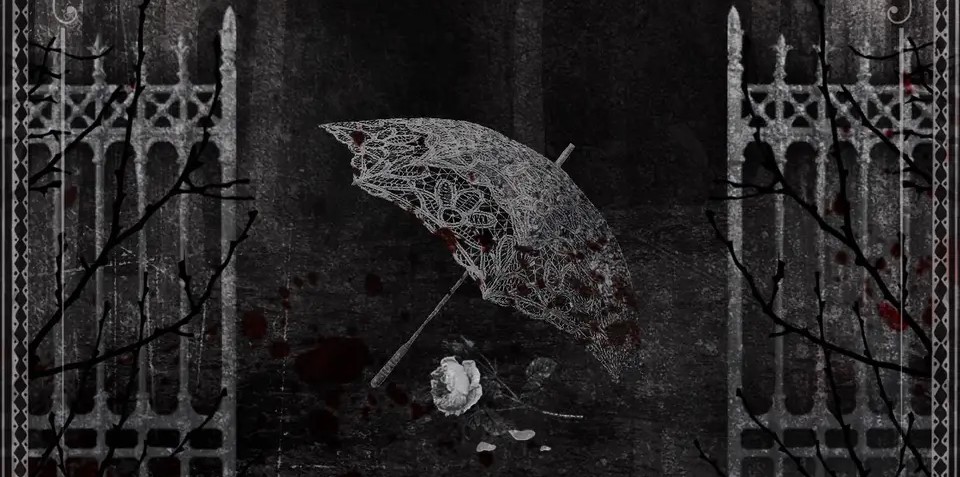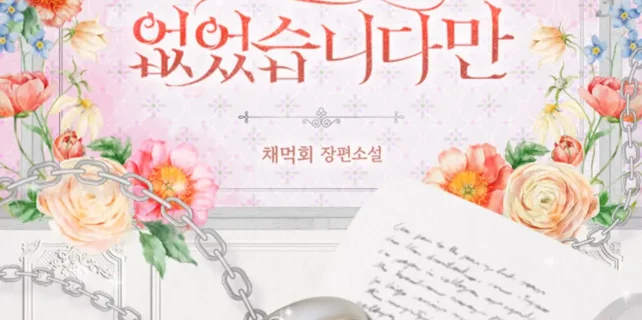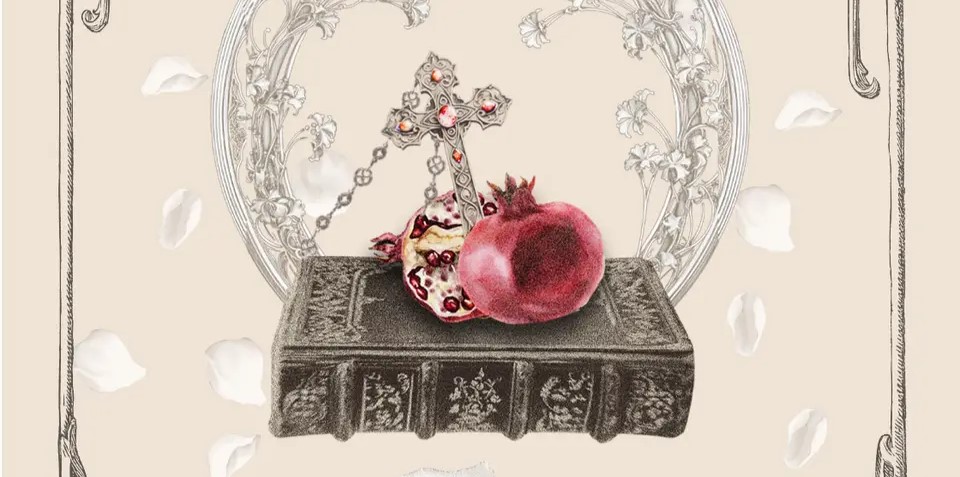Villain, Let Me Touch You! - Chapter 51
Seated side by side with Helios, the tea table between us, our visitor across, and identical cups of tea.
It’s just like when Demyr visited.
I took a sip of tea, glancing at Benz, who sat in front of me.
The mood is completely different, though.
Benz’s tense shoulders rose like mountains. Even in the refreshingly cool room, he was sweating profusely. He kept glancing around, fidgeting with his legs, and nervously rubbing his hands together. He looked quite uneasy.
For someone touted as a brilliant scholar, it seems composure and study are two separate matters.
“Are you uncomfortable?
Unable to resist the urge to ask, I set my teacup down.
“No, not at all! It’s not uncomfortable. It’s as comfortable as my own room.”
“Your room feels like the future Crown Princess’s room?”
Heuk, I heard his sharp intake of breath. It was like hearing someone gasp just before passing out.
“W-Well, it’s not that…”
I picked up my teacup again and observed him.
The original Benz was not a childish man. He was a character with the sharpness of a scholar and the meticulousness of a researcher. But in front of Chloe, he melted like caramel. That’s why he was so popular.
And in the original novel, he was willing to go toe-to-toe with Helios for her.
He appears completely intimidated by Helios. Now he looks like a crumpled squirrel. It’s different from the original. What on earth happened?
Maybe he hasn’t imprinted yet.
“What did the Queen say?”
Helios asked Benz while I was lost in thought. It was just when Benz was about to reach for his teacup. Seems like Helios suddenly broke the silence because he didn’t want to share even a sip of his tea with Benz.
If he hated Demyr, then he must also despise her nephew.
I told Helios yesterday that we’re all on the same side now, but he still seems to dislike her.
I understood. It would be ridiculous for me to expect him to let go of a deep-seated grudge just because I told him to.
“The Queen Mother has informed me that I can seek treatment from Rienna, as long as I stay at your palace for the time being.”
“Why? You could just come occasionally when you need medical attention.”
Helios didn’t understand. His tone was tinged with irritation, like the Queen had forced an unreasonable demand.
“It’s probably because of my condition. They don’t know when I might fall ill.”
“I heard. Irregular seizures, right?”
When the topic of illness came up, Benz noticeably became sullen.
He reminded me of Helios in the past. But of course, Helios didn’t become sullen—he became more combative.
“Can you tell me more about your symptoms?” I asked
“Rienna, are you starting the examination already? We haven’t even unpacked this guy’s luggage.”
“Your Highness, do you really plan to kick out a sick person?”
I thought Helios was just being a bit petty.
Let me correct that. In good conscience, I think it would be more fair to say that it was 90% sincere and maybe 10% petty.
“There’s no room for him. To treat his irregular seizures, you need to be around all the time. As you know, there’s only your room and mine on this floor.”
There are other rooms, too. Koreans might call these ‘gate rooms[1],’ but they were more like small closet-like spaces where servants could stay so they could be summoned at a moment’s notice.
Helios didn’t even mention those rooms. It wasn’t that he was being considerate of Benz’s status as nobility—it was more likely that he didn’t even know they existed.
“I can move to another room.”
“Do you think that’s reasonable? What about me?” Helios was getting agitated.
“You’re already completely recovered. You don’t need me to…”
“I can’t sleep without you.”
What was he saying? My eyes widened and my mouth fell open. Did I just hear something extraordinary?
¹ 문간방 or munganbang is a room right by the door or entrance of a hanok (a traditional Korean house). When Rienna says it’s the size of a closet, she most likely means a walk-in closet as munganbang, while ancillary to the anbang (primary/master room reserved for the head of the household), were still rooms, and wouldn’t be expected to be any smaller than, say, a modern-day goshiwon. Munganbang had many uses and weren’t exclusively used as servants’ quarters. I bring this up because it perplexes me why the author would relate the kind of rooms the text is describing to munganbang, when the defining characteristic of a munganbang is not its smallness or its proximity to the anbang, but how it’s right next to the doorway or gate.↩







